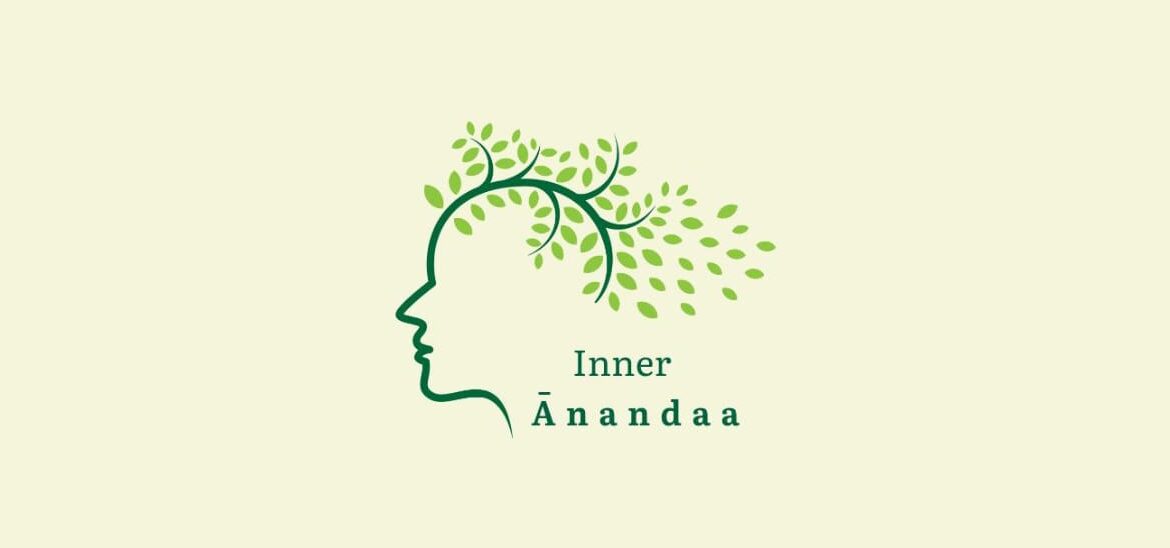
Mental Health Challenges Women Commonly Face
Over the past few years, there has been a huge rise in awareness about mental health. Yet, numerous women continue quietly suffering from emotional and psychological issues caused by societal expectations, hormonal fluctuations, individual responsibilities, and deeply ingrained cultural pressures—particularly in India. At InnerAnanadaa, we aspire to provide an environment where every woman is heard, visible, and accepted in her mental wellness path.
In this blog, let us discuss the most prevalent mental health issues in women, their causes, symptoms, and how we can tackle them in a holistic way.
1. Depression: The Invisible Weight
Depression is one of the most common mental illnesses among women. Depression is more than temporary sadness or low mood. Most women fight with persistent emptiness, hopelessness, irritability, or feelings of guilt—particularly when they handle various roles as professionals, caregivers, wives, and mothers.
Common Causes:-
- Hormonal changes (menstruation, pregnancy, postpartum, menopause).
- Work-life imbalance.
- Marriage or family struggles.
- Societal expectation to “have it all together”.
Signs to Watch:-
- Loss of interest in activities previously enjoyed.
- Fatigue or insomnia.
- Changes in appetite.
- Recurring negative thoughts.
Note from Dr. Kripa:- Most of my clients conceal their pain behind a smile. If that sounds like you, remember—it’s okay to seek assistance.
2. Anxiety Disorders: The Silent Overthinker
Although some anxiety is inevitable, continuous anxiety can be exhausting. Generalized anxiety, panic attacks, and phobias in women are common and most often precipitated by stressors involving responsibilities at home, issues of safety, or fear of criticism.
Cultural Triggers:-
- Fear of failure or of being “imperfect”.
- Excessive thinking due to emotional labor.
- Compulsion to uphold family honor.
Symptoms:-
- Enduring worry or restlessness.
- Racing thoughts or excessive analyzing.
- Physical symptoms such as headache, stomach pain, or palpitations in the heart.
Solution Tip: Mindfulness exercises and professional counseling can change maladaptive thinking patterns.
3. Postpartum Depression: A Taboo We Need to Break
Having a baby is usually described as a blissful occasion, but for lots of women, giving birth gives rise to emotional problems they were not ready for. Postpartum depression occurs in 1 out of 7 women and is usually misrepresented as mere “baby blues.”
Why It Happens:-
- Hormonal dip after giving birth.
- Sleep deprivation.
- Loss of individual identity.
- Lack of emotional support.
Symptoms:-
- Feeling isolated from the baby.
- Guilt for not being a “perfect” mother.
- Mood swings, crying spells, or flatness.
From InnerAnandaa:- Postpartum challenges are genuine and legitimate. Seeking help from a psychologist in time can avoid long-term suffering.
4. Body Image Problems & Eating Disorders
With the use of social media, most women—notably teenagers and young adults—are affected by body dissatisfaction. Idealized standards of beauty and cultural expectations of fairness, thinness, and “flawless” looks can contribute to low self-esteem and, in some cases, eating disorders such as anorexia or bulimia.
Root Causes:-
- Media representations of beauty.
- Family/friends’ fat-shaming or body-related teasing.
- Comparison culture.
Mental Effects:-
- Low self-esteem.
- Preoccupation with weight/appearance.
- Emotional eating or food restriction.
Dr. Kripa’s Insight: Self-esteem should never be based on a number on the scale. Therapy can assist in recreating a compassionate self-concept.
5. Trauma due to Abuse or Harassment
Sadly, a lot of women in India continue to be subjected to emotional or physical abuse—in the home, at work, or on the streets. Sexual harassment, domestic violence, or even child abuse leaves deep-seated trauma if not properly addressed.
Psychological Impact:-
- PTSD (Post-Traumatic Stress Disorder).
- Issues in relationships due to trust.
- Nightmares, flashbacks, or detachment from emotions.
Key Point: Trauma healing is a process that requires time and professional care. Survivors can take back control and become safe again with the help of therapy.
6. Career Stress & Workplace Burnout
As more women join the workforce, they encounter special challenges—gender bias, unequal compensation, lack of recognition, and balancing home responsibilities. This dual load can cause burnout, self-doubt, and emotional depletion.
Symptoms of Burnout:-
- Feeling drained or lacking motivation.
- Decreased performance or creativity.
- Growing irritability or emotional withdrawal.
Coping Strategies:-
- Setting boundaries.
- Prioritizing self-care.
- TALKING TO A MENTAL HEALTH PROFESSIONAL.
At InnerAnandaa, we tend to assist working women in creating customized coping mechanisms for a better work-life balance.
7. Menopause & Mental Health
Going into menopause signals more than physical change—it impacts mental health too. Women entering their 40s and 50s can experience mood swings, forgetfulness, anxiety, or depression as a result of hormonal shifts.
Common Symptoms:-
- Irritability or mood disturbances.
- Sleep disruptions.
- Memory lapses or concentration problems.
Therapist’s Tip: Support, life adjustments, and therapy can make it easier and more empowering.
How Can Women Take Control of Their Mental Health?
1. Talk Back:-
Don’t hide in silence. Seeking the help of a therapist is not a weakness—it’s an act of self-love.
2. Establish Boundaries:-
It’s fine to say no. Learn to put your mental peace first over people-pleasing.
3. Create a Support System:-
Be around people who listen without judgment—family, friends, or a women’s support group.
4. Practice Self-Care:-
Make time to relax, engage in hobbies, and do things that feed your soul.
5. Practice Mindfulness:-
Meditation, journaling, and breathwork can calm you down and keep you present.
6. Professional Therapy:-
At InnerAnandaa, we provide a confidential, safe environment where women are free to express and heal without being judged.
Final Thoughts
All women should be able to live their life in peace and emotional freedom. Whether you’re a homemaker, working professional, new mom, or student—your emotions are real, and your mental wellness counts.
If you or someone you know is facing any of these issues, don’t hesitate. There is help available.
Break the stigma, one woman, one conversation, one healing session at a time.
- Schedule an appointment with Dr. Kripa at InnerAnandaa today. Let’s get you started on your path to inner peace and emotional health.




